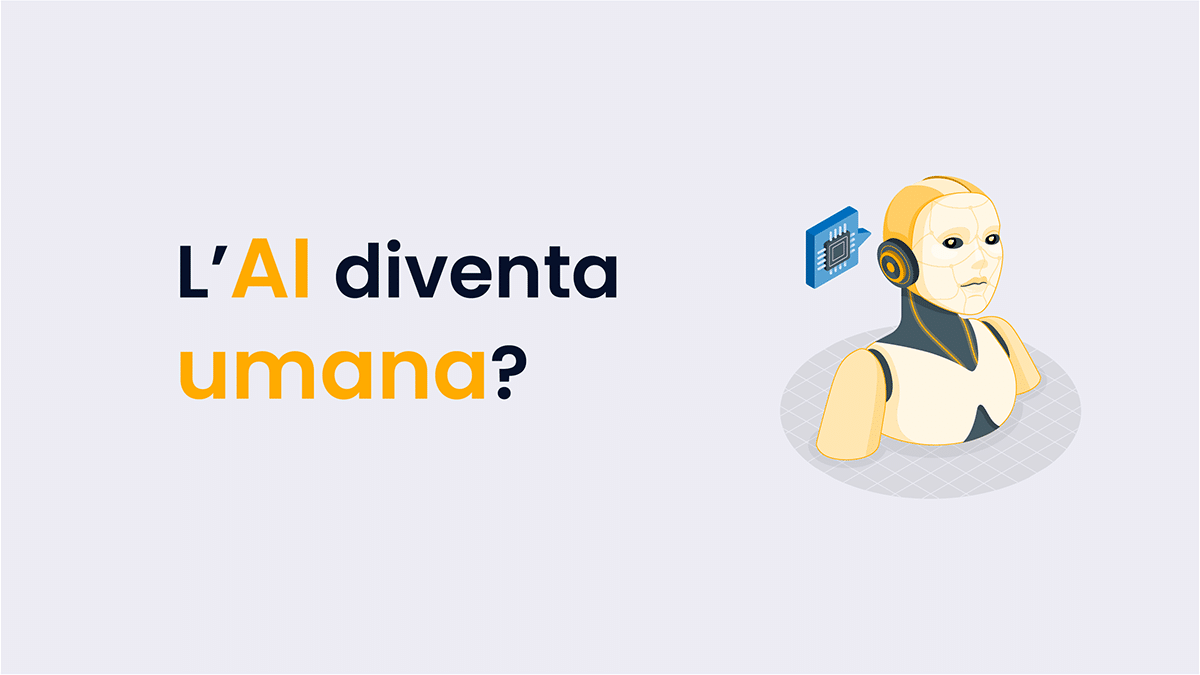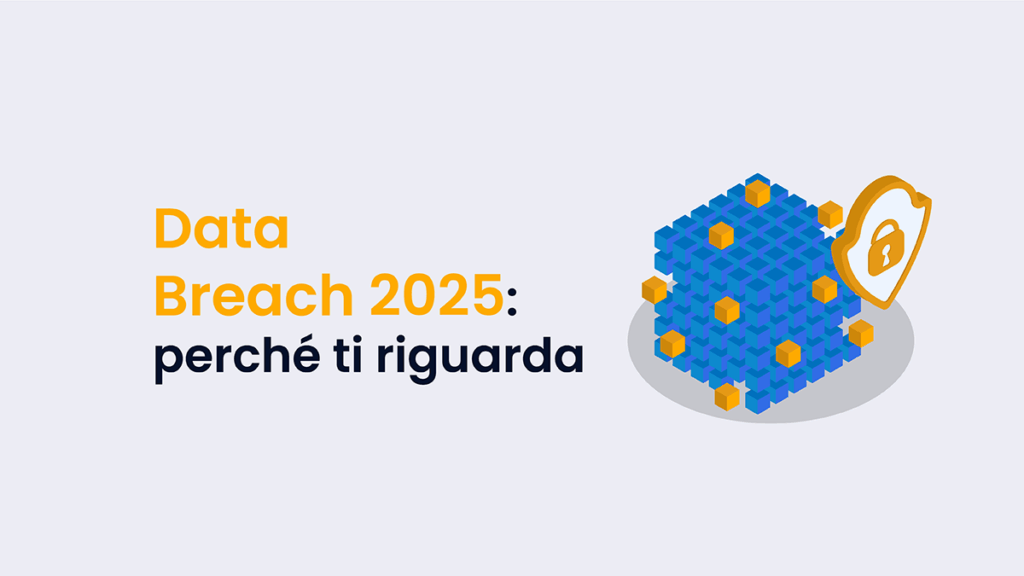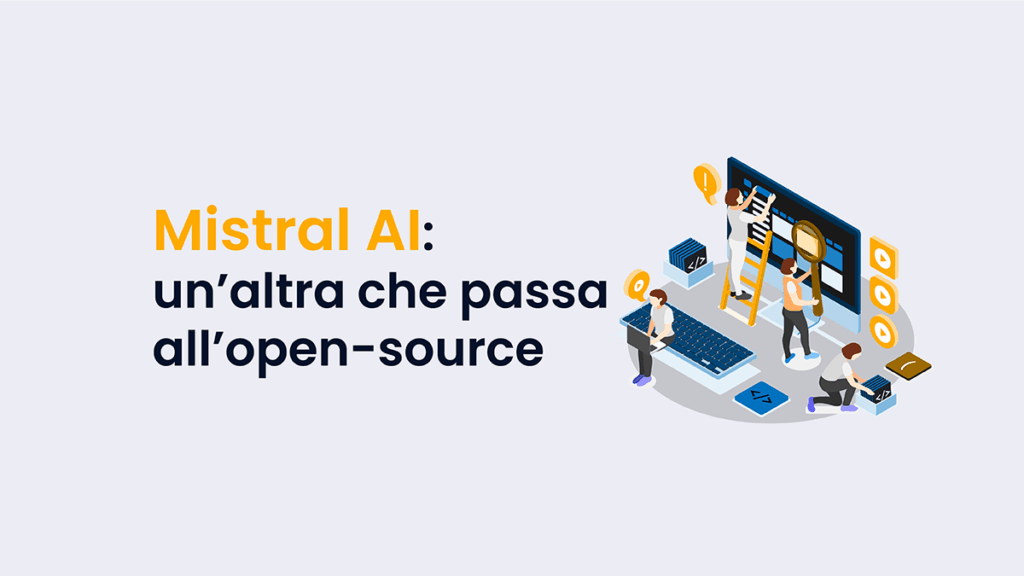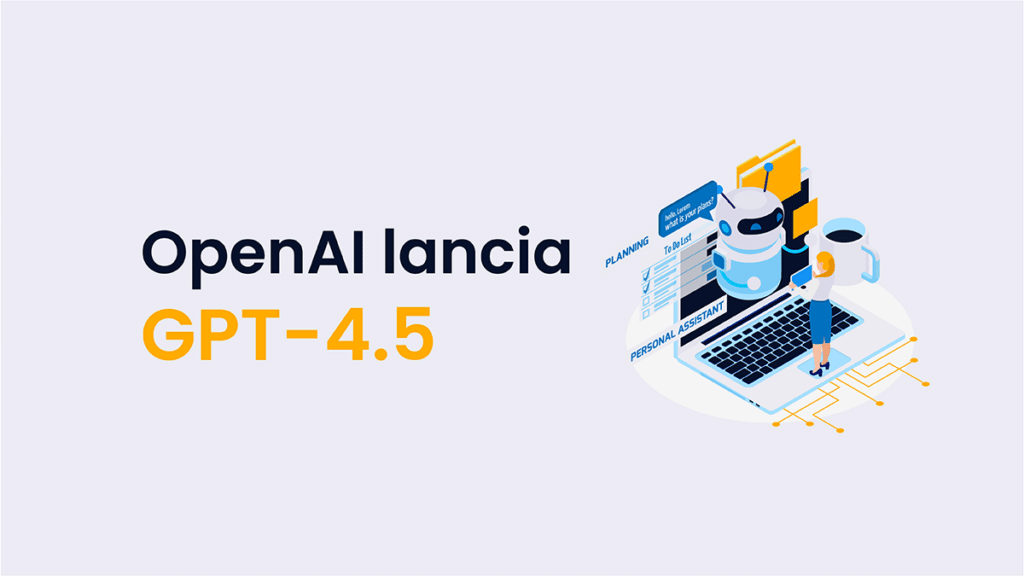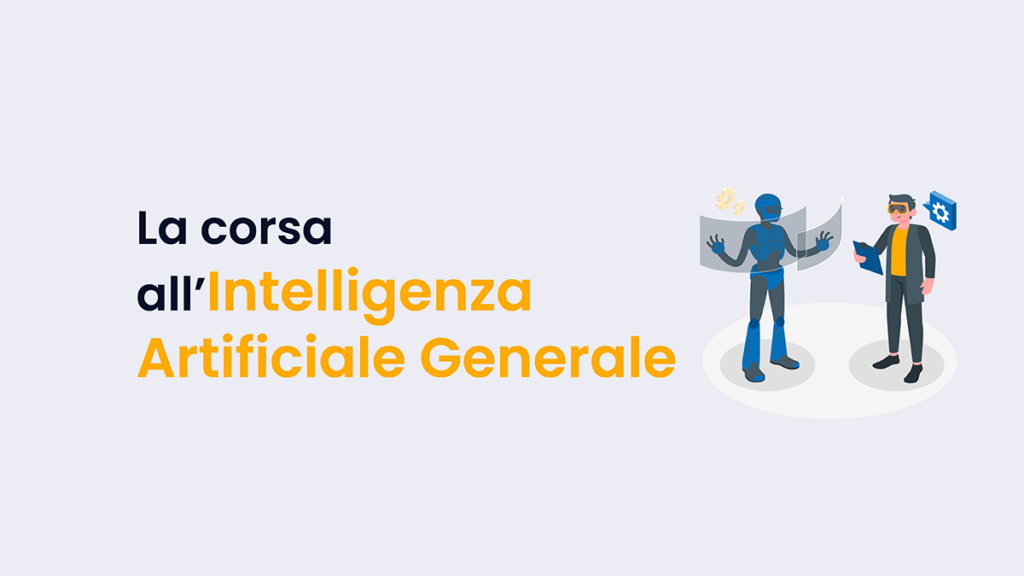Il deep learning potrà mai rendere l’IA umana? La fantascienza ci suggerisce da secoli un sacco di materiale per il nostro immaginario, ma oggi – in parte – c’è sempre meno da immaginare e più da scoprire.

Prima di rispondere alla domanda allora scopriamo cosa sono le rete neurali. Passando per il machine learning tradizionale, capiamo in cosa si differenzia il deep learning e perché è la chiave per addestrare le IA nello sviluppo di capacità sempre più simili a quelle del cervello umano.
Indice dei contenuti
Reti neurali, machine learning e deep learning
Contestualizziamo un po’.
- Le reti neurali sono modelli progettati per simulare il comportamento del cervello umano, quindi elaborano informazioni in modo simile a come fanno i nostri neuroni. Per scoprire di più vai all’articolo dedicato alle reti neurali.
- Il machine learning permette all’IA di apprendere ed evolvere con l’esperienza, senza essere esplicitamente programmata.
- Il deep learning è un sottoinsieme del machine learning che usa reti neurali profonde, permettendo applicazioni come la traduzione automatica, il riconoscimento delle immagini e l’elaborazione del linguaggio naturale.
Come apprende un’IA
Nel contesto del deep learning, l’IA apprende attraverso un processo di addestramento basato su dati. Durante l’addestramento, la rete neurale viene esposta a un’enorme quantità di dati. Così impara a riconoscere schemi e a fare previsioni.
Come suddetto, l’apprendimento avviene tramite reti neurali profonde composte da molti strati di neuroni artificiali collegati tra loro.

Ognuna di queste connessioni ha un “peso” che determina l’importanza dell’informazione che passa attraverso di essa. Durante l’addestramento, il modello ottimizza questi pesi, riducendo progressivamente l’errore tra le previsioni fatte e i risultati attesi.
Le reti neurali profonde quindi imparano a estrarre e combinare caratteristiche sempre più complesse dai dati.
Nei primi strati, il modello riconosce schemi semplici. Man mano che si avanza negli strati, l’IA combina queste informazioni per riconoscere concetti più astratti. Ad esempio, in un sistema di riconoscimento di immagini, i primi strati potrebbero identificare bordi e colori, mentre gli strati successivi possono riconoscere forme e oggetti complessi.
Questo processo di astrazione è ciò che rende il deep learning così potente in compiti come la visione artificiale o la comprensione del linguaggio naturale.
Quindi può apprendere la capacità astrattiva che ci rendi umani?
Non proprio. La capacità di astrazione umana, infatti, riesce anche a immaginare cose che non hai mai visto. Magari, cose che neanche esistono ancora nella forma esatta in cui vengono immaginate. L’IA invece non arriva neanche col deep learning a fare lo stesso. È ancora lontana dal replicare completamente il pensiero umano, che coinvolge processi inconsci e cellule cerebrali non neurali.
Quindi no: l’IA non diventa umana col deep learning. Almeno non oggi e stimando le tecnologie pubblicate.
Intanto il MIT ha sviluppato una nuova architettura ibrida di intelligenza artificiale che cerca di imitare la capacità umana di ragionare. Hanno creato tre “librerie” che migliorano la comprensione contestuale e l’astrazione nel linguaggio naturale.
Georgia Tech ha sviluppato una rete neurale che cerca di emulare il processo decisionale umano. A differenza delle reti neurali tradizionali, questo modello integra un processo di accumulazione di prove simile a quello umano, prendendo decisioni con un livello di fiducia che varia in base alle evidenze.
Cosa succederà ancora?
